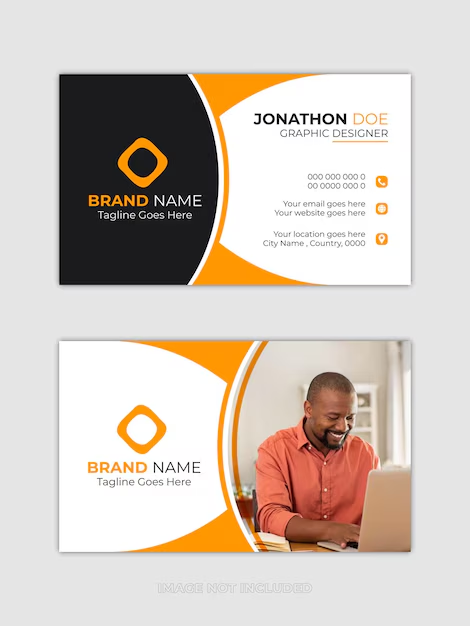Dealing with an insurance company after a personal injury can be a daunting task. Whether you have been in a car accident or experienced another type of injury, you need to ensure you receive the compensation you deserve.
Navigating this process can be challenging, especially when you are also trying to recover from your injuries. However, knowing how to communicate with your insurance company and understanding your rights can make the process much smoother.
It is essential to understand your insurance policy. Knowing what is covered and what is not can help you manage your expectations and prepare for any negotiations with the insurer. Following are some beneficial tips to deal with your insurance company after a personal injury.
-
Report the Incident Promptly
When you get hurt, tell your insurance company right away. This is very important because waiting too long can cause problems. Most insurance policies have rules about how soon you need to report an injury.
If you wait too long, the insurance company might say you did not follow the rules and refuse to pay. By reporting quickly, you start the process of getting the help and money you need. Telling your insurance company about your injury right away helps make everything go smoother.
It shows that you are responsible and serious about your claim. The insurance company can start looking into what happened and figure out how to help you. Quick action can help avoid delays and misunderstandings.
This makes your case stronger and helps the insurance company understand what happened. It also gives you time to talk to a lawyer if you need extra help. Reporting promptly helps you get the best result from your insurance claim.
-
Understand Your Policy
Understanding your insurance policy is very important when dealing with a personal injury claim. Your policy outlines what is covered and what is not. By knowing these details, you can manage your expectations and avoid surprises.
For example, some policies may cover only certain types of injuries or have specific conditions for coverage. Reading your policy carefully helps you understand these terms and prepare for your interactions with the insurance company.
When you know your policy well, you can better communicate with your insurance company. If you are aware of your coverage limits, you can confidently discuss your claim without being misled. This knowledge helps you ask the right questions.
-
Keep Communication Professional
When dealing with your insurance company after a personal injury, it is very important to keep your communication professional. This means being polite, clear, and respectful in all your interactions.
Write down the dates and times you talk to them, the names of the people you speak with, and the details of your conversations. Using written communication, like emails, can be very helpful because it provides a clear record of what was said and agreed upon.
Keeping your communication professional helps build a positive relationship with the insurance company. It shows that you are serious and organized about your claim. Avoid using harsh or emotional language, even if you are frustrated.
-
Consult with an Attorney
One of the most important steps you can take after a personal injury is to contact a car accident attorney. An attorney who specializes in personal injury cases can help you understand your rights and guide you through the complex process of dealing with your insurance company.
When dealing with an insurance company, it is easy to feel overwhelmed. Insurance companies often have their own lawyers and experts working to minimize the amount they have to pay out. An attorney can level the playing field by negotiating on your behalf.
They can advise you on whether a settlement offer is fair or if you should hold out for a better deal. In the end, consulting with an attorney provides you with the support and expertise needed to handle the insurance company and protect your interests.
-
Know Your Rights
Understanding your rights is very important when dealing with your insurance company after a personal injury. Knowing what you are entitled to can help you stand up for yourself and make sure the insurance company treats you fairly.
Each state has different laws about personal injury claims, so it is a good idea to learn about these laws to protect yourself. Insurance companies may try to offer you less money than you deserve, hoping you will accept it quickly.
Knowing your rights can help you recognize when this is happening and encourage you to hold out for a fair settlement. It is also your right to get proper medical care and follow your doctor’s advice without worrying that it will hurt your claim.
-
Seek Medical Attention
After a personal injury, it is very important to get medical attention right away. Going to the doctor not only helps you heal but also creates a medical record of your injuries. This record is vital for your insurance claim because it shows proof of your injuries.
Following your doctor’s advice is also crucial. If your doctor says you need follow-up visits, therapy, or certain treatments, make sure you do them. Insurance companies look at your medical records to see if you are taking your recovery seriously.
When you deal with your insurance company, having detailed medical records makes the process smoother. The insurance company will likely ask for proof of your injuries and treatments, and having everything documented will speed up your claim.
Clear records make it harder for the insurance company to deny or reduce your claim. In short, getting and following through with medical treatment is key to both your health and your insurance claim.
-
Avoid Admitting Fault
When you talk to your insurance company after a personal injury, it is important not to admit fault. Admitting fault can harm your claim and reduce the amount of compensation you might receive.
Keeping your statements simple and factual can help protect your rights. For example, if you are asked about the accident, describe what you saw and experienced without guessing or assuming blame.
If you are unsure about what to say, it can be helpful to talk to a personal injury lawyer. They can guide you on how to communicate with the insurance company and help you avoid mistakes that might hurt your case.





